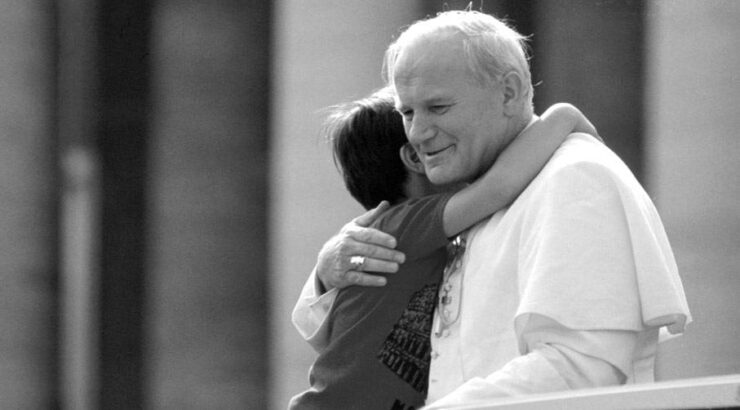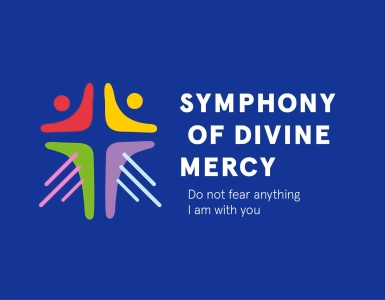The newly elected Pope found a letter on the table. It was an invitation to Mexico, to Pueblo, to the 3rd Plenary Conference of the Latin American Episcopate. It wasn’t an easy decision. At that time, in 1979, Mexico was officially an anti-clerical country. Many masons held positions in government, parliament and at the top of the economy. In addition, in order to go to Mexico, the head of the Catholic Church would have to ask for a visa and would not be allowed to give blessings to the faithful in public places, in squares. In addition, there was the problem of how the theology of liberation should be treated. This theology expressed the deep spirit of Latin American Catholicism, but the “pollution” of radical influences, which were the source of doctrinal and pastoral deviations, began to equate the evangelical mission with the revolutionary action. It should also have been reminded that the regimes of so-called: national securities were present on the continent. They opposed Marxism, depicted the face of (false) Christianity, but in fact restricted freedom and human rights.
There were voices of caution, or at least about the postponement of the pilgrimage. The Holy Father nevertheless decided that he would go. “The Episcopate invited me,” he said, “so I have to go. With Bishops, I have to address the issue of the dramatic problems of their continent, starting with the theology of liberation.” (…) The Holy Father added: “If they now welcome me in an anti-clerical country, how can they forbid me from returning to Poland? Will the communist authorities be able to refuse me?”
With the permission of Cardinal Stanisław Dziwisz – “Testimony”
TBA Publishing House, Warsaw 2007





